The conditions inside asylum-seeker hotels
Investigators have discovered ‘cramped rooms’ and ‘suicidal’ residents
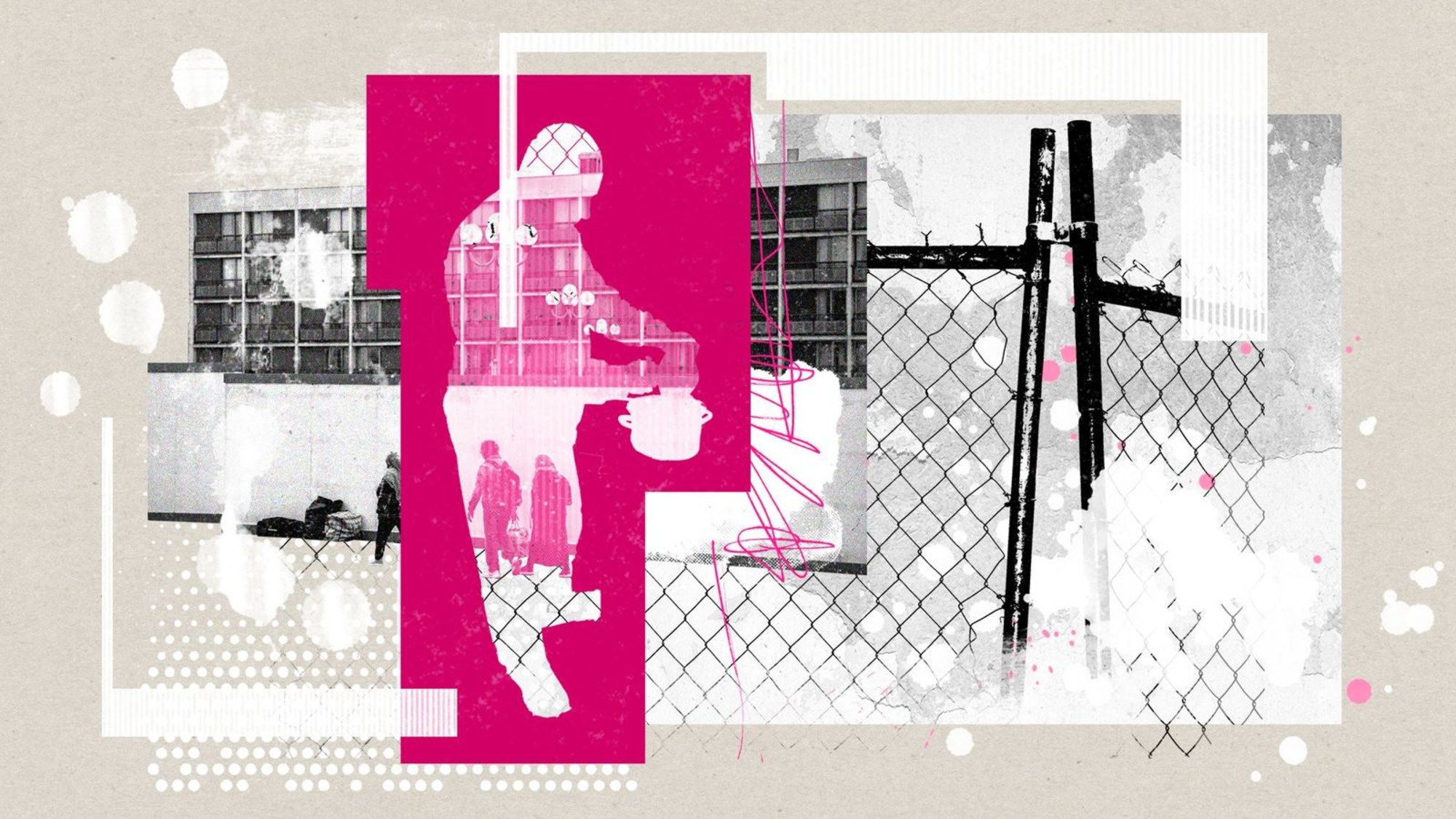
A free daily email with the biggest news stories of the day – and the best features from TheWeek.com
You are now subscribed
Your newsletter sign-up was successful
The “cramped” and “dangerous” conditions discovered in asylum hotels by the BBC have offered a counterpoint to the claim by “This Morning” presenter Rylan Clark that migrants are enjoying four-star luxury.
Journalists “aren’t normally allowed inside the hotels”, wrote Sue Mitchell, but “I gained access through migrant contacts” to find out what life is really like at these contentious locations.
Are the rooms luxurious?
Clark said that migrants are taken to a “four-star hotel”, and former immigration minister Robert Jenrick previously claimed that asylum hotels are “luxurious”. But when hotels are taken over for asylum accommodation, the facilities that won them star ratings are stripped away and a security desk takes the place of reception.
The Week
Escape your echo chamber. Get the facts behind the news, plus analysis from multiple perspectives.

Sign up for The Week's Free Newsletters
From our morning news briefing to a weekly Good News Newsletter, get the best of The Week delivered directly to your inbox.
From our morning news briefing to a weekly Good News Newsletter, get the best of The Week delivered directly to your inbox.
The resulting conditions can leave people “despondent and suicidal”, Nazek Ramadan, director of Migrant Voice, told The Guardian in 2023. The charity shared accounts of “filthy rooms, abusive and obstructive staff and ‘dangerously erratic’ healthcare”, and some people reported being “crammed into rooms with more than 10 strangers”.
Mitchell found residents covering smoke alarms with plastic bags so they can cook meals on electric hobs in “dangerous conditions in their rooms”, said the BBC. The cooking set-up is “illegal and unsafe”, but a resident said he would rather take the risk than consume the free hotel restaurant food, which residents have complained makes them feel unwell.
Asylum-seekers don’t always stay long in a particular hotel. A 12-year-old girl, who’s spent three-quarters of her life in the system, told the broadcaster: “Once we get settled in a place, then they move us.”
How much money are they given?
They are usually offered financial support of £49.18 per person per week, loaded onto a card, for essentials like food, clothing and toiletries. But if meals are provided with accommodation, the weekly fee drops to just £9.95 per person per week.
A free daily email with the biggest news stories of the day – and the best features from TheWeek.com
Additional payments are available for pregnant women or families with young children, but Ramadan at Migrant Voice discovered that many children couldn’t go to school because they “didn’t have shoes, and their parents had no way to afford them”.
Asylum seekers are not allowed to work or claim benefits while their cases are being assessed, although some told the BBC they “had no choice” but to work illegally for pay as low as £20 a day in order to pay off debts to people smugglers.
Residents may access free NHS healthcare but the Home Office does not provide iPads or mobile phones to asylum seekers, as claimed by Clark. That is a “complete myth”, Daniel Sohege, director of human rights consultancy Stand For All and a specialist in refugee law, told the Big Issue.
Why are hotels used to house asylum seekers?
Hotels are regarded as “contingency accommodation” while cases are assessed, said the Home Office, and they’re only meant to be used for asylum seekers when other housing can’t be sourced. But Oxford University’s Migration Observatory said there has been a “surge” in their use since 2020 because of asylum backlogs, housing shortages and rising rental prices.
More than 32,000 migrants are currently staying in hotel rooms, down from 51,000 in 2023. The government has pledged to end the use of asylum hotels by 2029.
Once someone gets refugee status, they can no longer stay in hotels or other asylum accommodation. They then have to pay for their rent or ask for government help – like any other UK citizen.
Chas Newkey-Burden has been part of The Week Digital team for more than a decade and a journalist for 25 years, starting out on the irreverent football weekly 90 Minutes, before moving to lifestyle magazines Loaded and Attitude. He was a columnist for The Big Issue and landed a world exclusive with David Beckham that became the weekly magazine’s bestselling issue. He now writes regularly for The Guardian, The Telegraph, The Independent, Metro, FourFourTwo and the i new site. He is also the author of a number of non-fiction books.
-
 What is the endgame in the DHS shutdown?
What is the endgame in the DHS shutdown?Today’s Big Question Democrats want to rein in ICE’s immigration crackdown
-
 ‘Poor time management isn’t just an inconvenience’
‘Poor time management isn’t just an inconvenience’Instant Opinion Opinion, comment and editorials of the day
-
 Bad Bunny’s Super Bowl: A win for unity
Bad Bunny’s Super Bowl: A win for unityFeature The global superstar's halftime show was a celebration for everyone to enjoy
-
 White House halts migrant visas for 75 countries
White House halts migrant visas for 75 countriesSpeed Read Brazil, Egypt, Russia, Iran and Somalia are among the nations on the list
-
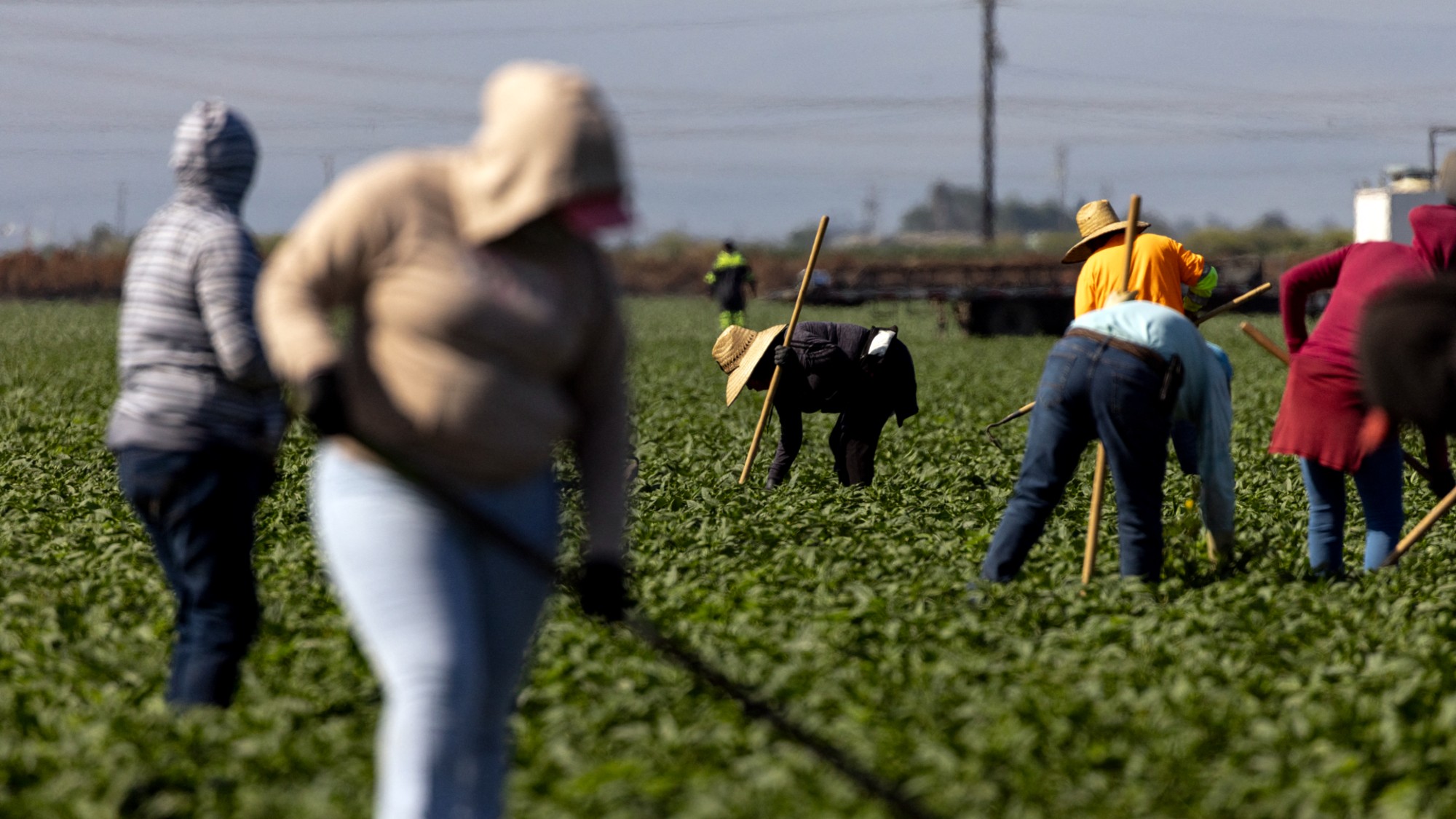 ‘All of these elements push survivors into silence’
‘All of these elements push survivors into silence’Instant Opinion Opinion, comment and editorials of the day
-
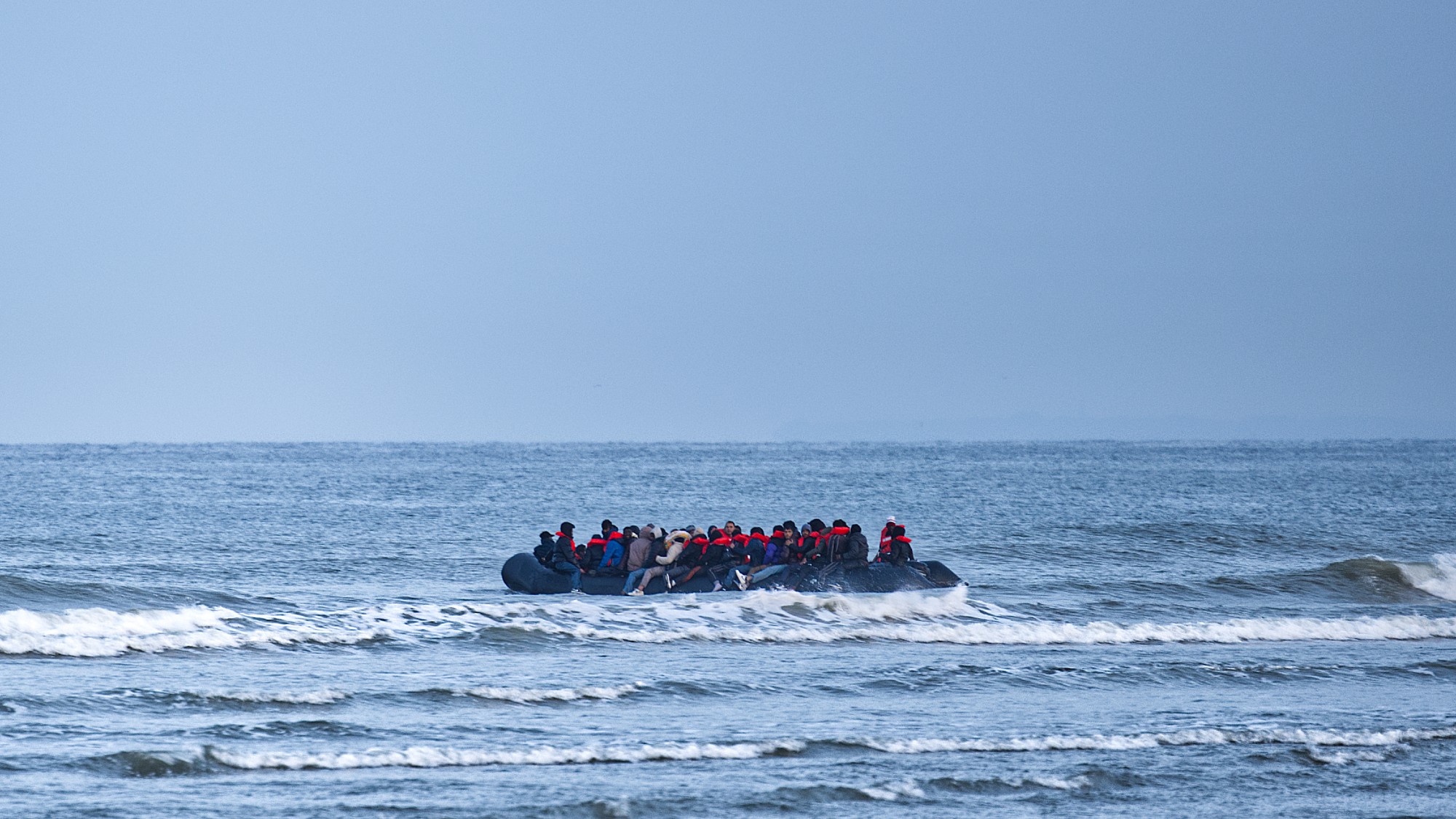 ECHR: is Europe about to break with convention?
ECHR: is Europe about to break with convention?Today's Big Question European leaders to look at updating the 75-year-old treaty to help tackle the continent’s migrant wave
-
 Asylum hotels: everything you need to know
Asylum hotels: everything you need to knowThe Explainer Using hotels to house asylum seekers has proved extremely unpopular. Why, and what can the government do about it?
-
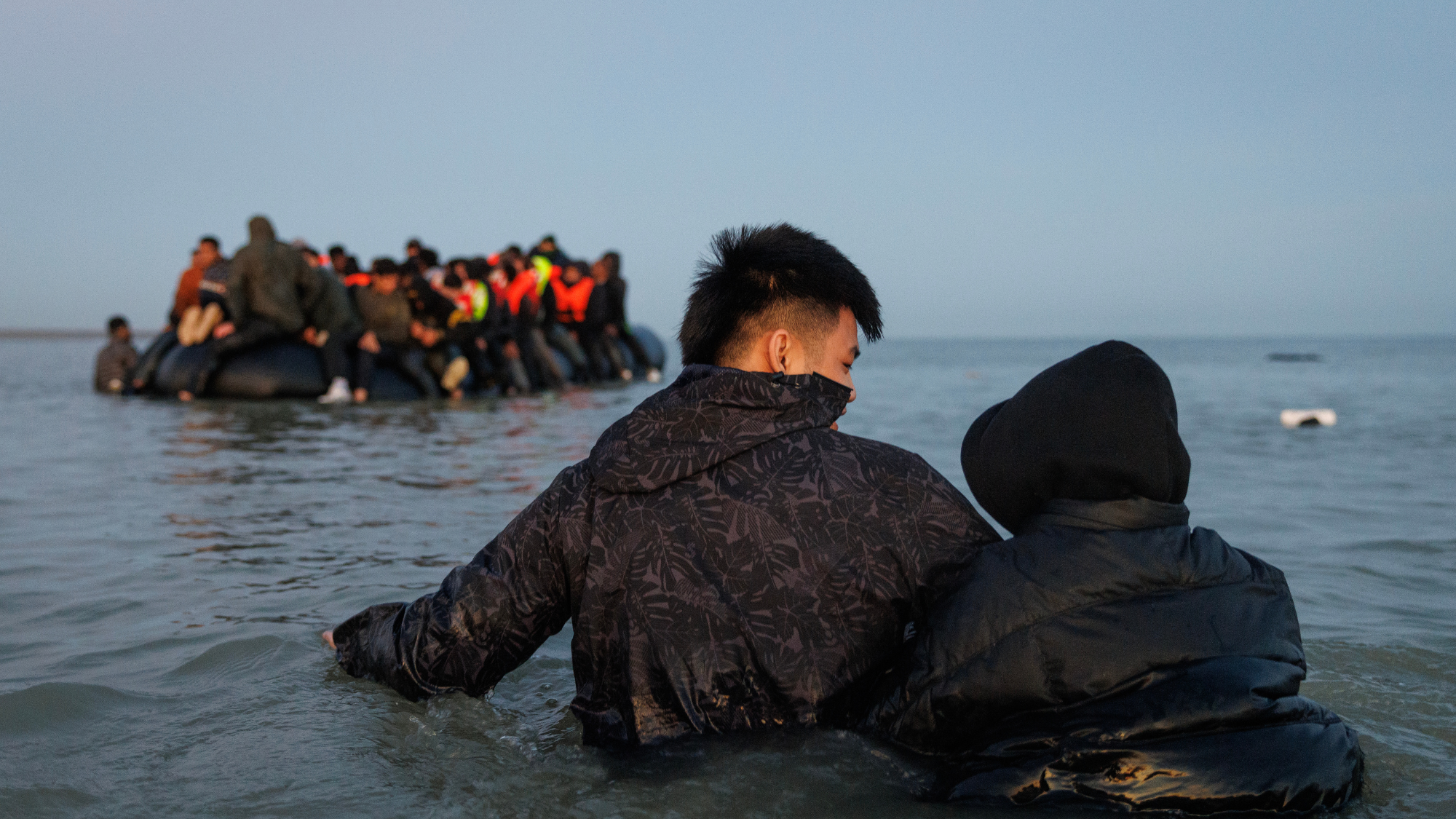 The end of ‘golden ticket’ asylum rights
The end of ‘golden ticket’ asylum rightsThe Explainer Refugees lose automatic right to bring family over and must ‘earn’ indefinite right to remain
-
 What’s behind Europe’s sharp drop in illegal migration?
What’s behind Europe’s sharp drop in illegal migration?Today's Big Question Fall in migrant crossings won’t head off tougher immigration clampdowns
-
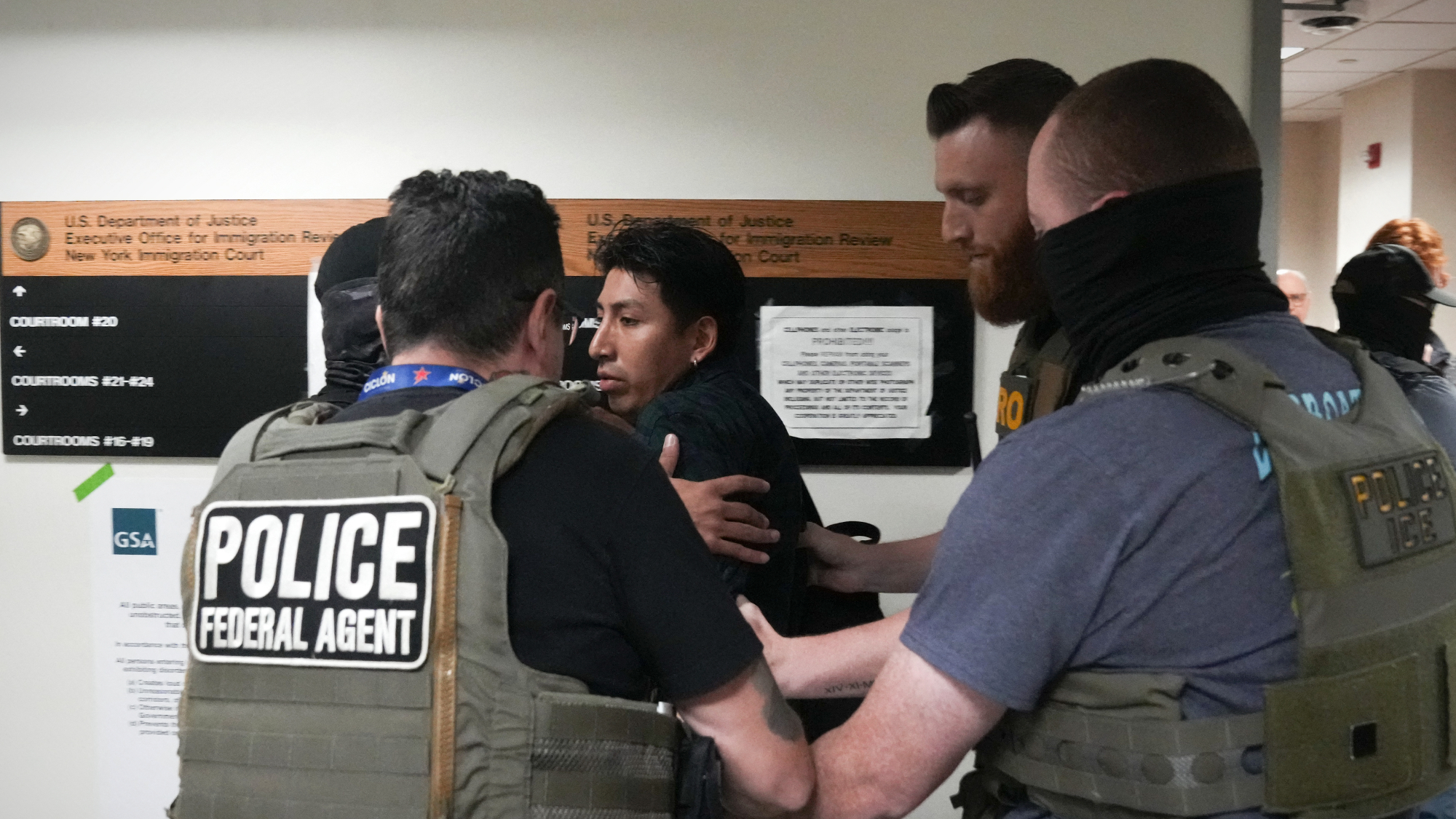 Judge blocks Trump's asylum ban at US border
Judge blocks Trump's asylum ban at US borderSpeed Read The president violated federal law by shutting down the US-Mexico border to asylum seekers, said the ruling
-
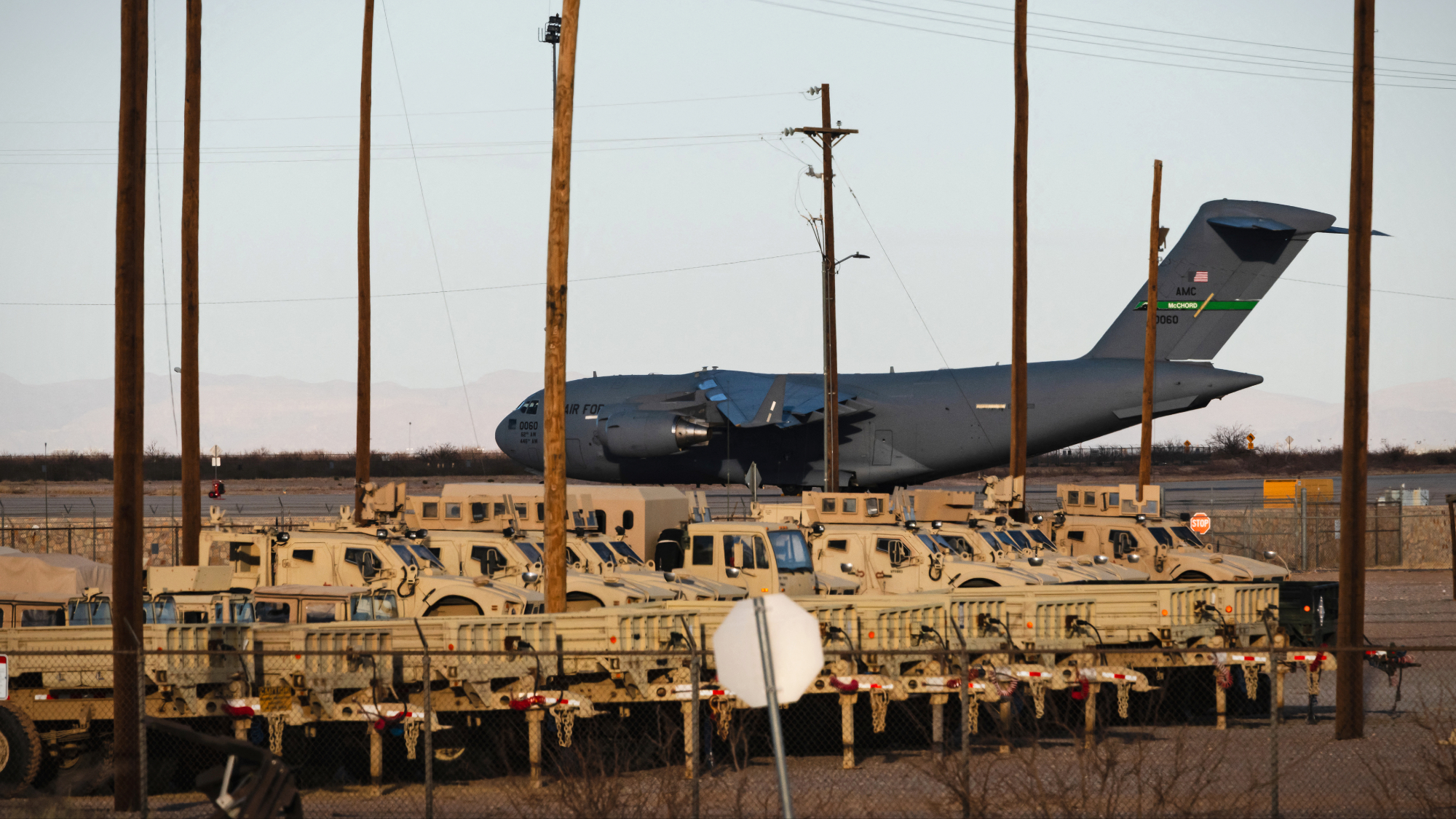 Supreme Court clears third-country deportations
Supreme Court clears third-country deportationsSpeed Read The court allowed Trump to temporarily resume deporting migrants to countries they aren't from